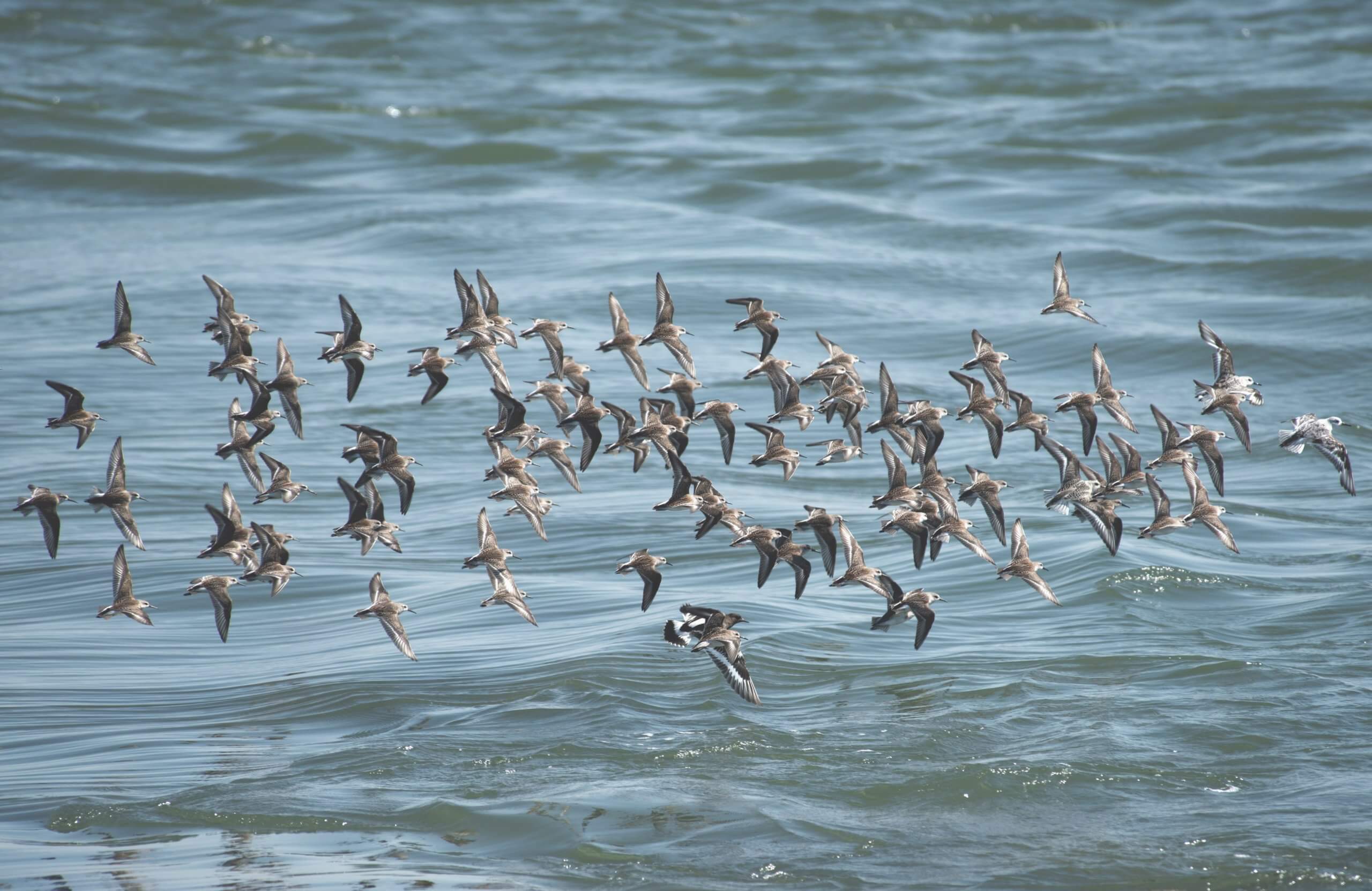By Karen McLeod. Published Feb. 19, 2015
Categories: Communication, Reflection
Tags: advocacy, change, connecting, context, convening, frames, informing, know your audience, navigators, relevance, So What?
We’re bombarded by headlines touting the public’s doubt in science. National Geographic’s March cover story begins: “We live in an age when all manner of scientific knowledge – from climate change to vaccinations – faces furious opposition.” As Dan Kahan says in his new paper What is the ‘Science of Science Communication’, “Never have human societies known so much about mitigating the dangers they face but agreed so little about what they collectively know.” For some of you, this only bolsters your resolve to engage. For others, it’s cause for wariness … or the impetus not to engage at all.
Yet, the public has not lost faith in science or scientists. As shown in the latest findings from the Pew Research Center, Americans overwhelmingly trust scientists. And, the public is not as strongly divided as you might perceive them to be. Yes, climate change and vaccines are highly polarized topics. In these cases, understanding the role of cultural cognition (the degree to which we unconsciously evaluate evidence based on our cultural identities) is incredibly important. But, for those of you whose science is applicable to many other dimensions of the public discourse on the environment, topics may not be nearly as polarized.
One of the hallmarks of effective engagement – and COMPASS’ bread and butter – is relevance. And relevance is ultimately about so what – why should your science and your insights matter to your audience? Who is your audience? When is the right time to engage with them? How can you truly engage them in a dialogue in which listening to their perspectives and needs is as important as being clear about what you bring to the table? And even more fundamentally, why science?
Within the scope of environmental challenges we face as a society, whether it’s food, water, energy, climate, or biodiversity, the gaps between scientific understanding and policy and practice are sizeable and widespread. So, rather than focusing on whether there is such a gap, the question is how, where, and when can you engage to create a richer and more robust discourse?
What’s so often missing from the discourse are connections – connections between local-scale actions and larger geographic scales; connections between today’s decisions (or indecision) and future consequences; and connections among multiple, highly-siloed issues. And often, the connections that are truly absent from the discourse are our connections to others, and especially to people who don’t think like we do. Scientists have a role to play in not only serving as sentinels of change, but also illuminating what’s at stake and helping us to see the larger-scale, longer-term patterns that are beyond the grasp of ordinary understanding. Scientists also have a responsibility to engage with society about what they’re learning.
Bringing these connections to the surface in a way that is relevant, respectful, and inclusive is not trivial, and warrants a deeper awareness of the social, cultural, and political context in which you’re engaging. What values, beliefs, and concerns are others bringing to the table? If your science touches on a polarized topic, are there ways you can disentangle your science from that framing (e.g., climate change or biodiversity conservation) in a way that focuses on the implications of your science for what matters to people, but doesn’t get wrapped up in the divisiveness of whose side are you on. Read more about disentanglement here. Ultimately, engagement is about finding those places of connection – being cognizant of the worldviews, concerns, and perspectives of those with whom you’re engaging.
Lastly, I want to emphasize that relevance does not equal advocacy. As described by Roger Pielke, Jr., the spectrum of engagement from “pure scientist” (which he would argue, and I agree, doesn’t really exist) to “issue advocate” is a wide one, and involves deeply personal decisions about how you are most comfortable engaging. It’s possible to be highly relevant without taking a particular policy position. Read more about how we’ve supported scientists to do that here and here.
A willingness to engage with society, which may mean taking risks and embracing vulnerability, is a path to relevance, and ultimately making a difference. I couldn’t agree more with Heather Tallis, lead scientist at The Nature Conservancy, who in an inspiring blog from earlier this week said: “[we need to] move beyond the idea that complexity and uniqueness are the only top hallmarks of good science, and recognize elegance and relevance as equally important.”
What are you willing to risk to engage?



